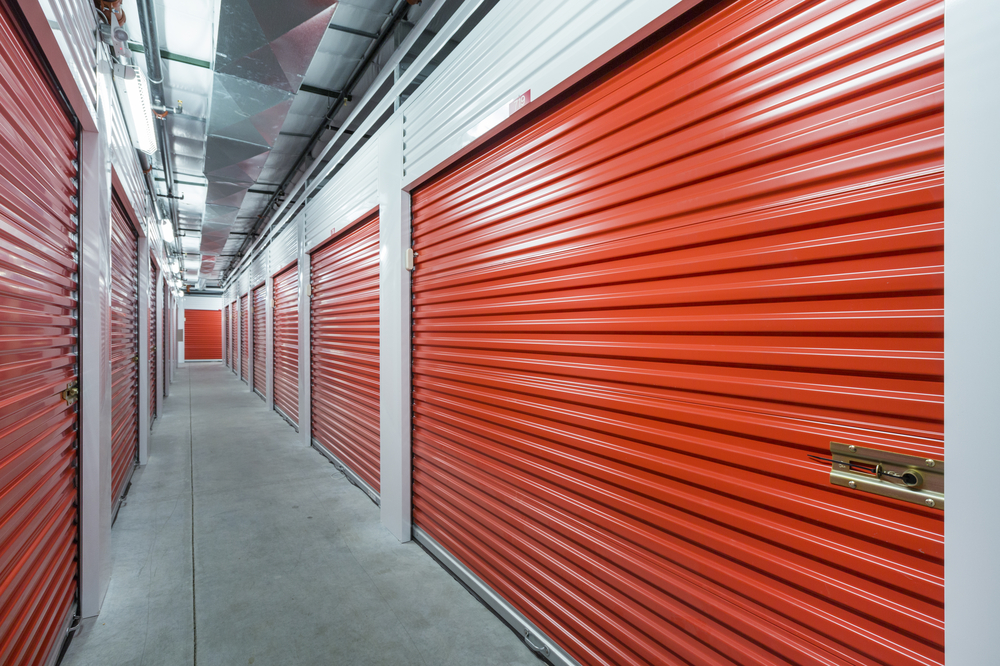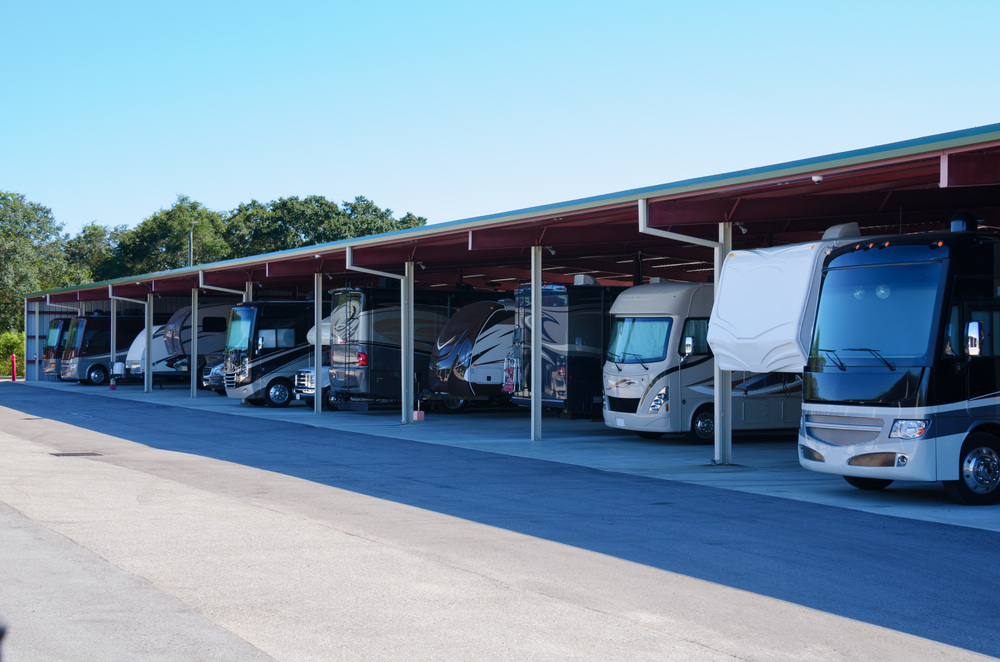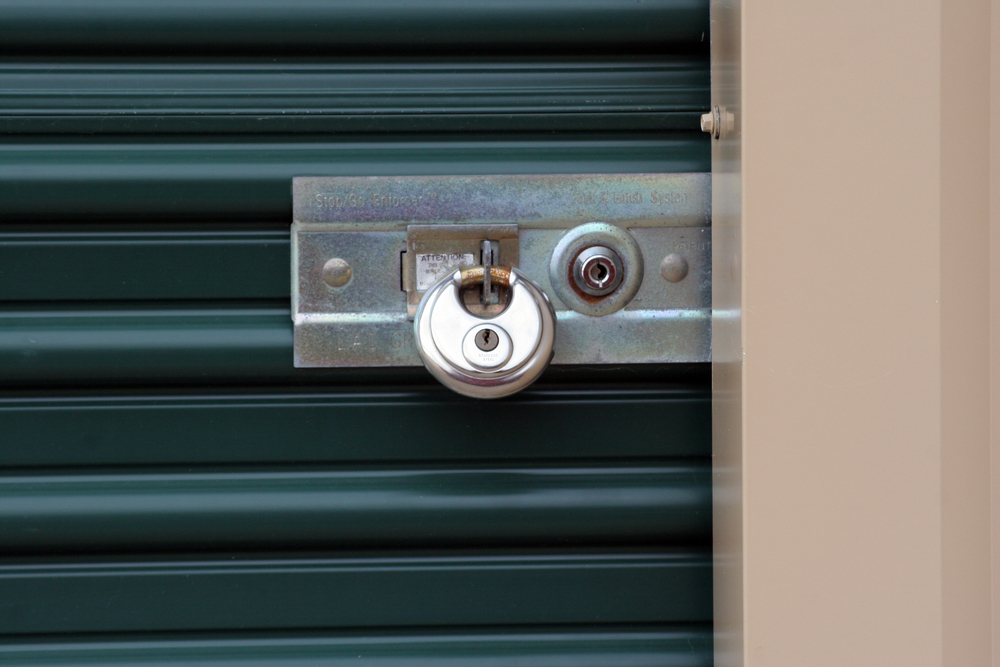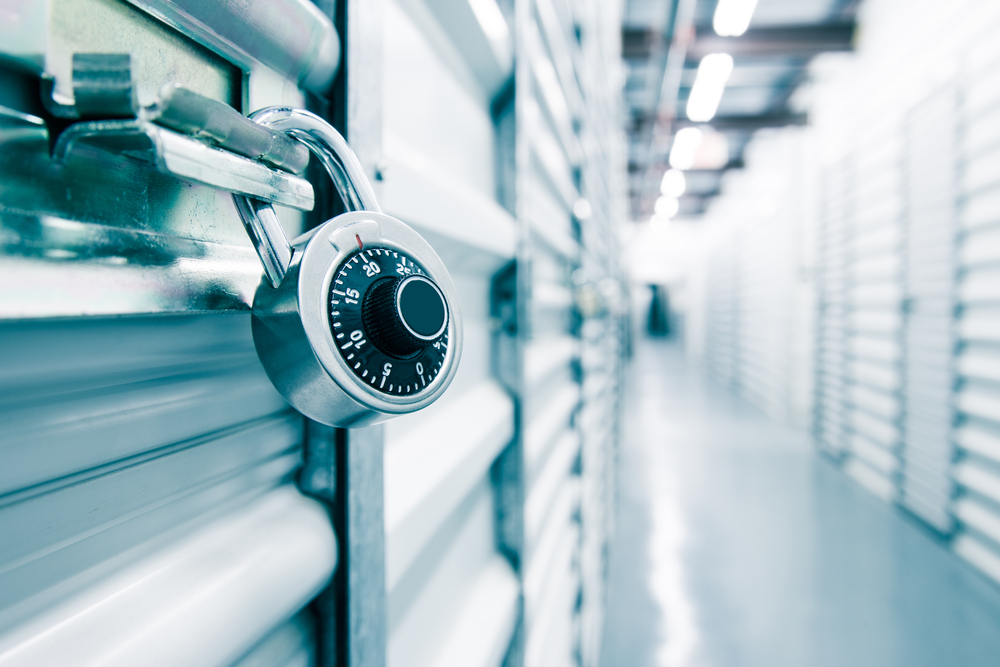Before you wade into the sea of storage options, it’s helpful to understand some key storage terms. Understanding typical storage jargon will help you select the best storage solution at the best price and terms.

Storage Terms
Access Hours.
The hours during which you’ll be able to access your storage space. These hours are often earlier and later than office hours. The facility can be accessed using a gate code for your convenience while keeping security high on the property.
Administration Fee.
A one-time administrative fee that covers the cost of processing paperwork and getting you set up in your new unit. iStorage never charges a security deposit for your rental.
Auto Bill Pay.
Auto bill pay automatically deducts your rent from your credit card so you never have to worry about a late fee. Ask a manager to set AutoPay up for you when you rent your unit. There is never a fee for this service!
Boat Storage/ RV Storage.
Most iStorage locations offer special outside parking spaces for boats and RV’s. These large parking spots come covered or uncovered. Storing your boat or RV at a storage facility provides protection and security at an affordable rate.

Business Storage.
Businesses often need extra space for seasonal items, document storage, and extra inventory. Business storage terms in self-storage are much more economical than renting retail space.
Climate-Controlled Storage.
Climate Control units are heated in the winter and cooled in the summer to keep the contents at an even temperature. These units are perfect for items that can be damaged from widely varying temperatures such as electronics, appliances, heirlooms, and musical instruments. For more information on if a temperature-controlled unit is right for you, check out more info on climate and temperature control here.
Disc Lock / Cylinder Lock.
This lock is the best choice for storage tenants. They are corrosion and theft-resistant and you keep the key so only you have access to your unit! You can purchase a high-quality lock at your local iStorage store.

Drive-Up Unit.
This unit type is often accessible from the main driveway. This makes loading and unloading a breeze. Often drive-up units come in larger sizes, up to 10X30, making them perfect for business storage or storing a whole house full of items. Some drive-up units can even be used for vehicle storage. As drive-up unit is a pretty self-explanatory storage term, but remember it’s important to see how drive-up friendly your particular unit is before signing a lease!
Electronic Gate Access.
Full perimeter gates protect all iStorage facilites. To access your storage unit, you simply enter your personal pin code into the keypad located at the gate to enter the facility.
Indoor Unit.
These units are located inside the main storage building. Access indoor units with large service doors or elevators. Indoor units provide added protection from the elements. They’re usually smaller in size than outside units. iStorage provides carts to make loading and unloading from your vehicle easier.

Hazardous Materials.
Never store hazardous materials inside your storage unit. Your iStorage staff will give you a list of items that are unfit for storage when you arrive. Some examples are flammable or explosive materials, chemicals, fireworks, and gasoline.
Loading Bay. A large loading area that allows you to comfortably unload a moving van or large truck without needing a ramp.
Long-Term Storage.
Leasing a storage unit for more than 12 months is long-term storage. If you are storing items for a long time, it’s important to make sure they are packed and stored correctly. Your friendly iStorage professionals can help you with tips on packing and storing sensitive or specialty items for longer periods.
Month to Month Lease.
iStorage offers convenient month-to-month rental terms. That means you only pay monthly for your unit for as long as you need it.
Perishable Materials.
Items such as food that will spoil should never be stored in a self-storage unit. For other sensitive items such as documents or antiques, consider a climate-controlled unit to protect them.
Rental Agreement.
The rental lease or rental agreement is a legal document signed at the facility in order to rent a storage unit. Read your lease agreement and understand the terms of the lease before you sign.

Roll-Up Door.
A wide door that opens from the ground to the ceiling providing easy access to your unit, allowing you to move larger items in and out with ease.
Self Storage.
Another common term for self-service storage. It can also be referred to as moving storage, mini storage, public storage, storage locker, or storage center. Self-storage facilities lease space to individual tenants who have access to their personal belongings within the facility at their convenience.
Short-Term Storage.
Storing for less than a year is short-term storage. Having a place to safely store your personal items can assist with housing transitions, military moves, and other unexpected life changes. Month-to-month lease terms make short-term storage cost-effective.
Upper Unit.
Finally, multi-level storage facilities offer storage units on upper levels, usually accessible by lift or elevator. Upper units are any units not on the first floor. We hope this simple guide will help you navigate your storage solution options with ease.
